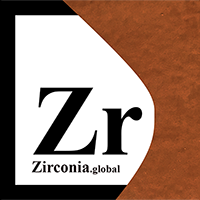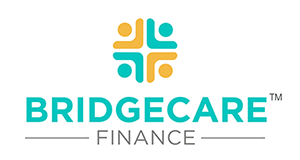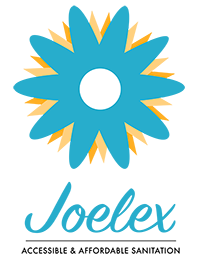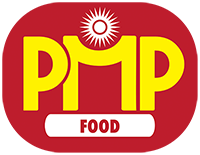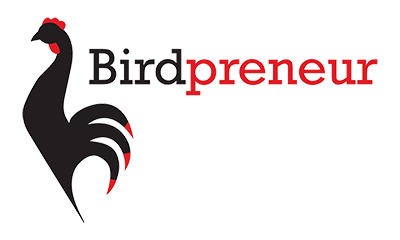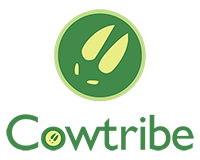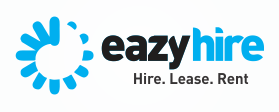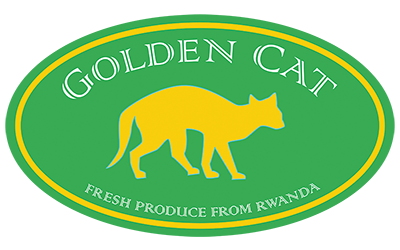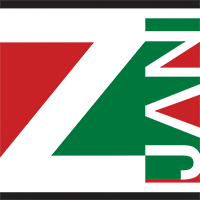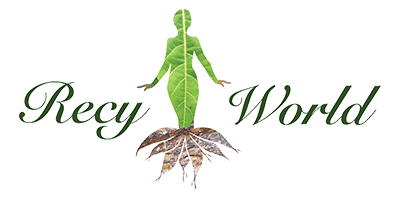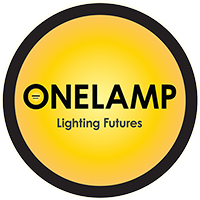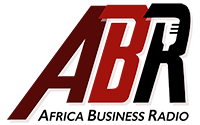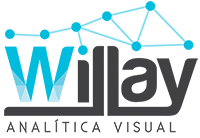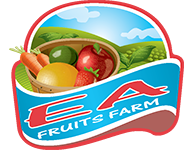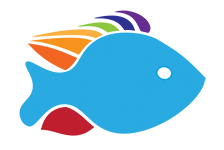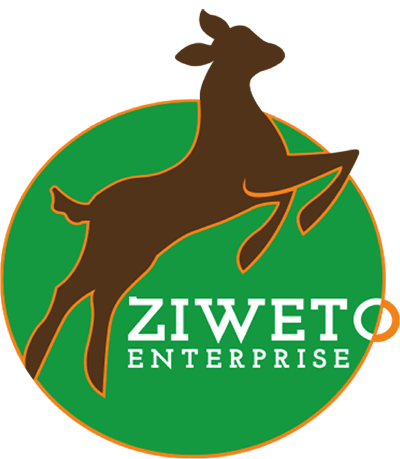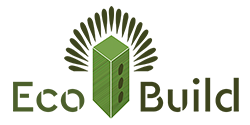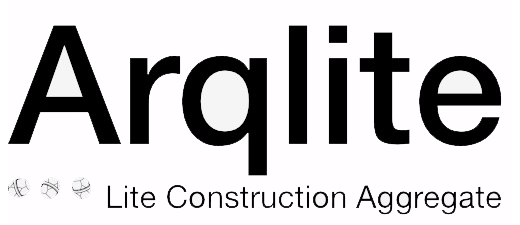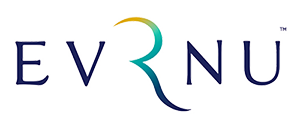Soaring through 2017
2017 was an incredible year for Fledge. What once was a small outlier accelerator based only in Seattle is now a global network of accelerators and seed funds operating across three continents, on its way toward being a leader in the industry. That wasn’t in the plan written back in 2012, but as we teach the fledglings, all plans are wrong. What we don’t tell them is that sometimes the plans go better than expected.
9, 10, 11… 3 Cities, 3 Continents, 22 new Fledglings
The downside of this growth is that its hard to keep track of everything that is going on. In 2017 there were three sessions: Fledge9 in Seattle, Fledge10 in Lima, and Fledge11 in Barcelona, in total working with 22 fledglings themselves based in 11 different countries.
United States
Africa
Latin America
India
 |
We-Convert – Recycling with robots. |
Investments
(Beyond a handful of special cases) We invested $20,000 to each fledgling attending Seattle, $15,000 to each in Peru, and €15,000 in Barcelona, with some of the final Barcelona funding spilling into early 2018.
In addition to those “stipends”, Fledge made these follow-on investments in 2017:
Troubles & Failures
With 83 companies graduated from Fledge, all startups, there are bound to be troubles and failures. 2017 was not an exception to this expectation:
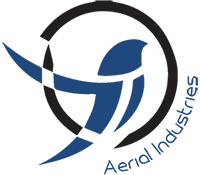 |
Aerial Industries is our first unsatisfied customer. We have a video with a glowing recommendation from the founder taken at the Fledge10 Demo Day, and we paid him over $13,000 in cash, rent, airline tickets, etc. Before trying to finalize the paperwork and deliver the final payment totaling $15,000 the founder rejected the terms and suggested the cash and help was all somehow a detriment to his company and his fellow fledglings. We tried to coach him though this odd opinion as we coach graduates through other issues, but all so far in vain. We wish him well in his efforts and invite him back into the fledgling fold when he comes to his senses. |
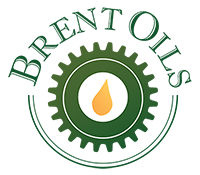 |
Brent Oils was the most disturbing story from 2017. Geoffrey was wrongfully imprisoned, tortured, and nearly killed by the Ugandan police. He survived all that, and with some help by Fledge investors has moved to Kenya, currently helping Zijani with their biodiesel production. Geoffrey is persistent and resilient, and by December 2017 had won a $50,000 grant for his business, which will help him get back to business in 2018, this time in Kenya. |
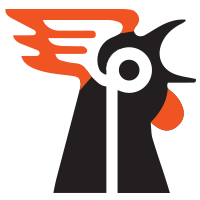 |
African Chicken experienced an incredibly wet rainy season in Tanzania, a bout of bird flu, and lost its flock. It survived that, barely, and is starting nearly from scratch to rebuild the business. The company has the equipment to hatch tens of thousands of chicks, so it’s just a matter of breeding enough chicks in 2018 to get this company back to its previous size. |
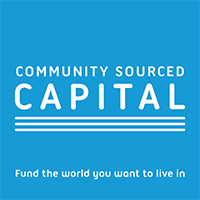 |
Community Sourced Capital couldn’t find a way to quickly and easily add more customers, but didn’t shut down or give up. They instead converted to a non-profit, are servicing all their existing loans, and seeking a new path to make the business work. |
 |
RevealX (originally Deehubs) didn’t work. They found funding, but the U.S. government wouldn’t let the founders stay in the U.S. and the revenues did not show up as projected. |
 |
Simpolfy was an idea that we hoped would take off during the 2016 Presidential campaign, but like every other idea like it, didn’t work out. |
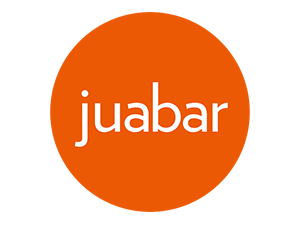 |
Juabar did work, but with two ex-pat American women taking turns working remotely in Tanzania, the company never found a path to steady growth and never found sufficient investment capital to jumpstart that growth. |
 |
KARIBU Solar took two years to get its idea into the market. When it finally came it was too expensive (twice the expected cost) and the ex-pat founders were burned out trying to make progress without the product while living in rural Tanzania. |
 |
Ecosawa‘s founder, Nirvana, was was diagnosed with cancer and passed away. She is and will be missed. |
 |
A total of 14 fledglings (of 83) are no longer in business or not being pursued by their founders: HERE, Personify, Trash Backwards, Kodeza, Localista (within the Seattle Good Business Network), Serve Smart, Tansa Clean, Self Spark, Village Green, Juabar Design, KARIBU Solar, Eco Sawa, RevealX, and Simpolfy. |
There are two common patterns in these failures: idea-stage tech-for-good startups, and ex-pats. In 2012 through 2014, the norm for all accelerators (including Y Combinator and TechStars) was to work with idea-stage companies. Since 2015 the whole industry has shifted toward companies with customers and/or revenues, and Fledge has followed in that trend. Mixing ideas and tech leads to a need for a relatively large amount of capital just to prove out whether the idea is viable. That high level of risk leads to a high number of failures.
The other pattern is ex-pats. Juabar and KARIBU Solar are the last two fledglings who are not native entrepreneurs. One ex-pat in the portfolio is BURN Manufacturing, and they were a long-shot when we invited into Fledge1 and an outlier success in their whole industry. In the same cohort with Juabar and KARIBU Solar was Elly from East Africa Fruit, our first native entrepreneur, who too is an outlier success. We’ve worked with a lot more native entrepreneurs now than ex-pats. None of those natives have yet given up on their businesses, not even when imprisoned for doing that business.
Also note that if you are keeping score of failures, all 15 of the failures come from Fledge1–5. Fledge6 started in April 2015, less than two years ago, the first cohort where every participant had at least a prototype with customers, if not revenues. We’ll see in 2018 if that truly is a turning point toward an even higher success rate for graduates.
2018 and Beyond
The best part of Fledge is that the first 10 weeks are not the end of the program, they are just the first 10 weeks. For 2018 we have 69 active fledglings to support and 20-40 new fledglings to add into the community.
If you are an entrepreneur and want to join in, the details on how to do that are here.
If you would like to bring Fledge to your city, contact us.
If you are an investor and would like to invest in any or all of these fledglings, contact us too.

